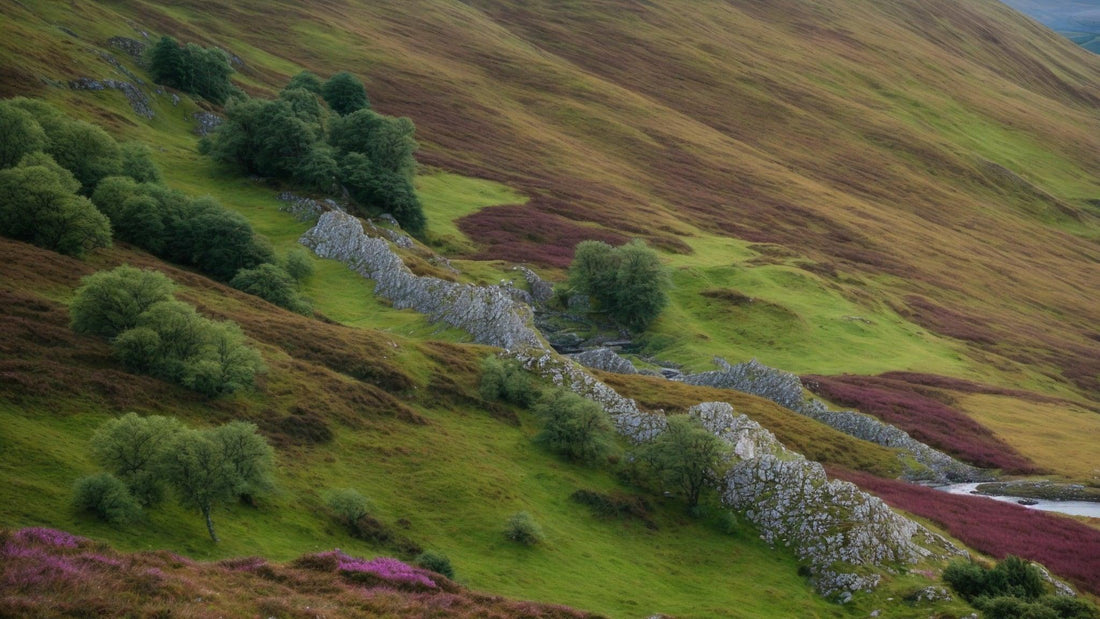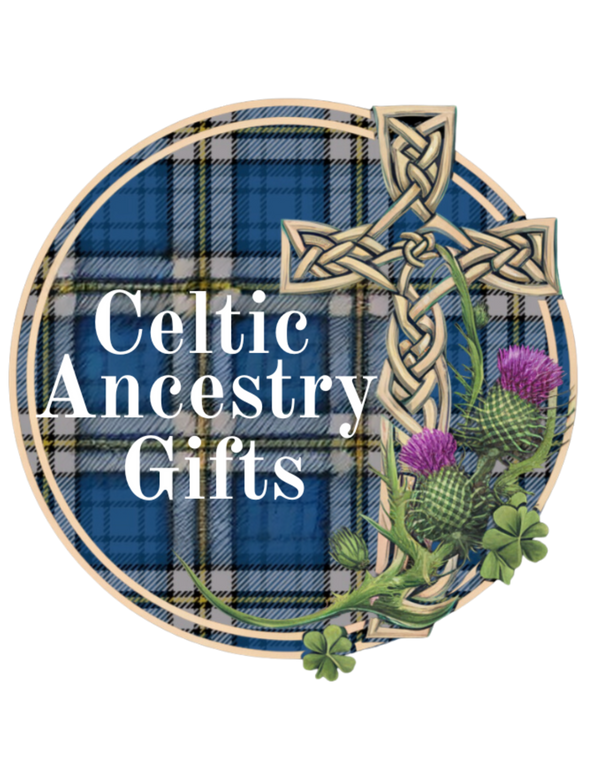
Unraveling the History of the Scottish Clan McWilliams: A Comprehensive Exploration
Share
Unraveling the History of the Scottish Clan McWilliams: A Comprehensive Exploration
The history of Scottish clans is a rich and complex tapestry woven from threads of legend, folklore, and meticulously recorded historical events. Some clans boast centuries of meticulously documented lineage, providing detailed accounts of their origins, migrations, and involvement in significant historical events. Others, like the McWilliams clan, present a fascinating challenge to historical researchers, requiring a more meticulous and painstaking approach to piecing together their story. This article embarks on a journey to explore the potential origins, cultural practices, and enduring legacy of the McWilliams clan, piecing together the available evidence to paint a clearer picture of their place in Scottish history. The absence of readily available extensive records only adds to the intrigue and makes the pursuit of their story all the more rewarding.
Delving into the Name: McWilliams and its Potential Roots
The surname McWilliams, like many Scottish surnames, is a treasure trove of potential clues about its origins. The prefix "Mc" signifies "son of," directly pointing to an ancestor named William. This seemingly straightforward etymology, however, opens up numerous avenues of investigation, demanding careful consideration of various possibilities. To unravel the McWilliams story, we need to explore several critical questions. Did this ancestral William hail from a specific region in Scotland? Was he associated with a particular historical event or notable family? Perhaps he held a specific position of power or influence within a community? Examining historical records, including land ownership documents, census data, wills, and genealogical records (if any exist), becomes critical in this quest. This process involves sifting through potentially scattered and fragmented information, often spanning centuries, to build a cohesive and historically accurate narrative. The task requires patience, meticulous attention to detail, and a deep understanding of the historical context.
Geographical Distribution and Potential Clan Territories
Identifying the geographical areas in which the McWilliams clan was most prevalent is essential for understanding their history and way of life. Were they primarily located in the highlands, lowlands, or islands of Scotland? The specific region they inhabited would have significantly influenced their lifestyle, interactions with other clans, and their involvement in historical events. Analyzing historical maps, parish records, land ownership records, and even place names could reveal patterns of settlement and migration. Were there any specific geographical features, such as rivers, mountains, or valleys, that defined their territorial boundaries? Did they hold specific lands or territories, and if so, how did they acquire and maintain control of these lands? Were there any significant battles or territorial disputes in which they participated, asserting their control or defending their territory from rival clans? These questions provide crucial context to their history and the development of their identity.
Cultural Practices, Traditions, and Social Structures
Understanding the cultural identity of the McWilliams clan necessitates investigating their customs, traditions, and social structure. Did they have a specific tartan, a unique clan crest, or distinct songs and dances that served as identifiers of their heritage? Clan identity often involved much more than just a shared surname; it was a way of life that encompassed social organization, cultural practices, and a sense of shared heritage and ancestry. Oral traditions, if still preserved within families or communities, could offer valuable insights into their beliefs, values, and everyday lives. These traditions, often passed down through generations, could reveal much about their social structures, family organization, and relationship to the wider Scottish community. Even if written records are scarce, piecing together fragments of information from various sources, including oral history, can provide glimpses into their past and shed light on their distinctive cultural identity.
The McWilliams Clan's Involvement in Scottish History
The historical context is absolutely crucial in understanding the McWilliams' place in Scotland's story. Did they participate in significant historical events, such as clan conflicts, the Wars of Scottish Independence, or the Jacobite risings? While the McWilliams clan might not have featured prominently in major historical narratives, their participation, even on a smaller scale, would contribute to a more comprehensive understanding of their history and their place within the broader Scottish experience. Records of military service, land disputes, participation in local community affairs, and even involvement in legal proceedings can provide invaluable clues to their involvement in historical events. These seemingly small details, when carefully examined and pieced together, can reveal a far richer and more nuanced understanding of their history.
Tracing Genealogical Links: The McWilliams Family Tree
Genealogical research represents a crucial element in understanding the McWilliams clan's history. While the absence of readily available, well-documented records might initially seem discouraging, modern genealogical tools and techniques can aid in the construction of a family tree. By connecting with others who share the McWilliams name and exploring online resources, genealogical databases, and historical archives, the puzzle of the McWilliams family tree can begin to be assembled, gradually revealing the connections between individuals and family lines. This research provides an invaluable way to link individual stories into a more coherent understanding of the clan’s overall history.
The McWilliams Clan in the Modern Era
The McWilliams clan, like many other Scottish clans, continues to evolve in the modern era. Individuals bearing the McWilliams name may be scattered across the globe, but the desire to connect with their heritage remains strong. Online platforms, genealogy websites, and social media groups facilitate the formation of modern clan connections, providing opportunities for individuals to share information, collaborate on research projects, and even plan reunions. This active engagement in the preservation of their heritage is crucial for the continuation of the clan's story and its transition into the 21st century. The shared pursuit of their collective past creates a sense of community, strengthens ties across geographic boundaries, and ensures the McWilliams name and heritage endures.
Celebrating Scottish Heritage: A Modern Expression
In today's world, celebrating one's heritage extends beyond traditional methods. Express your Scottish pride in a fun and modern way with our Humor Emotionally Stable Until I Hear Bagpipes T-Shirt. This high-quality, comfortable t-shirt features a witty design that's perfect for everyday wear. Made from 100% ring-spun cotton, its lightweight feel (4.5 oz/yd² (153 g/m²)) and eurofit ensure a comfortable and stylish fit. The tear-away label adds a touch of convenience. It's a great way to show off your Scottish heritage while sparking conversation and a smile. Wear it with pride, whether you're attending a clan gathering or simply going about your day. This t-shirt represents a fun and modern approach to celebrating your heritage.

The journey to unravel the history of the McWilliams clan is an ongoing one. While challenges remain in piecing together a complete and definitive narrative, the fragments of information that exist offer glimpses into a unique Scottish story, inviting further research and exploration. The active pursuit of knowledge, the sharing of information, and the continued celebration of their heritage ensures that the McWilliams legacy will endure for generations to come. By combining historical research with a modern appreciation for cultural identity, we can better understand and celebrate the rich and complex tapestry of Scottish clans, enriching our understanding of history and heritage.


2 comments
I would like to know more about my Clan Bethune and this family if possible! They are my family. Thank you. Susan
The only thing I know, from family conversations over the years, is that our lineage hails from Malcolm III of Scotland. How so has never been clear to me, but that’s all I have right now. Hopeful, you’ll be able to help me decipher my family line a bit more! Thank you!